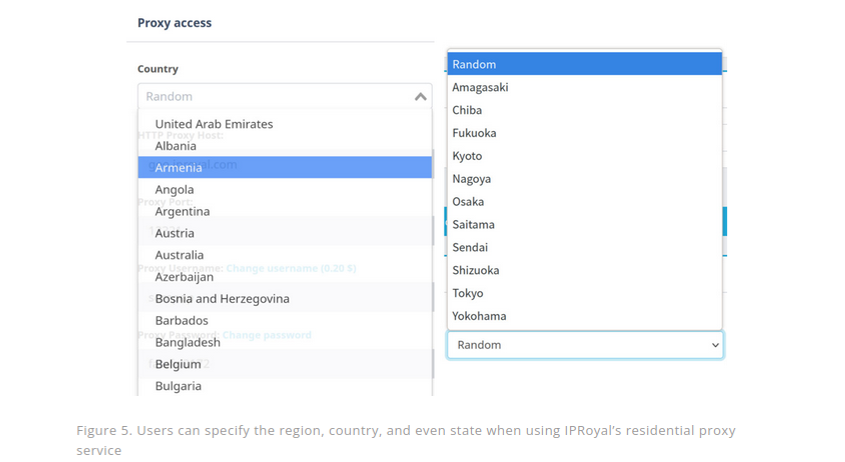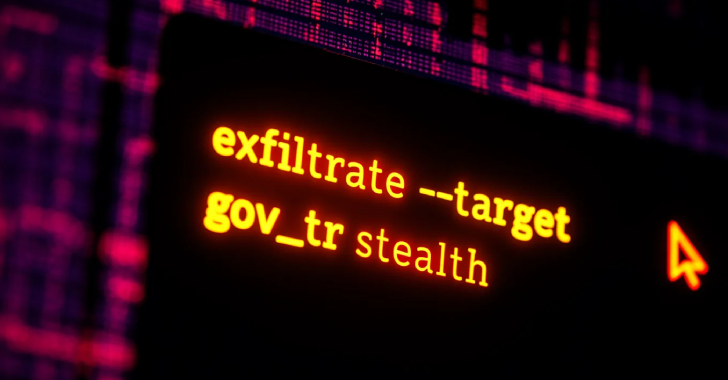
How Does CJIS Compliance Benefit Law Enforcement?
Law enforcement agencies around the United States play a critical role in preserving public safety, ensuring justice, and maintaining order in society. With the advancements in technology and the increasing use of electronic systems for criminal justice information, ensuring the security and privacy of sensitive data has become a paramount concern. This is where CJIS (Criminal Justice Information Services) compliance steps in. CJIS compliance serves as an essential framework for law enforcement agencies to uphold data security and enhance operational efficiency. In this article, we will explore the ways in which CJIS compliance benefits law enforcement and the wider community.
CJIS, a division of the Federal Bureau of Investigation (FBI), operates under strict security guidelines and mandates to protect and securely transmit criminal justice information. Its policies and standards apply to federal, state, local, and tribal agencies that access, store, or transmit criminal justice information. By adhering to and achieving CJIS compliance, law enforcement agencies can reap numerous benefits that significantly impact their operations and the overall safety of the public.
Enhanced Data Security:
The primary objective of CJIS compliance is to ensure the highest level of data security and confidentiality. By implementing and adhering to CJIS security policies, law enforcement agencies can establish robust protection measures for sensitive criminal justice information. These measures include stringent access controls, network security protocols, secure communication channels, and regular audits to identify potential vulnerabilities. Compliance with CJIS standards ensures that law enforcement agencies employ security best practices to safeguard sensitive data from unauthorized access, cyber threats, data breaches, and other security risks.
Interoperability and Information Sharing:
One of the key benefits of CJIS compliance lies in its ability to facilitate seamless interoperability and information sharing between law enforcement agencies at different levels. CJIS compliance standardizes the format and transmission of criminal justice information, ensuring that agencies can reliably share data with each other. This enables more efficient investigations, faster response times, and better cooperation between agencies across the country. The ability to access and share accurate, up-to-date criminal justice information swiftly and securely enhances investigative capabilities and enables better overall outcomes in solving cases.
Streamlined Processes and Efficiency:
CJIS compliance also brings a significant positive impact on the operational efficiency of law enforcement agencies. By adopting the standardized electronic processes outlined by CJIS, agencies can streamline their data collection, retention, and reporting procedures. This reduces paperwork, minimizes errors, and saves valuable time, allowing law enforcement officers to focus more on core duties and investigations. Additionally, CJIS compliance promotes the use of advanced technologies and modern software systems, leading to improved overall efficiency, data accuracy, and task automation. These advancements help to enhance the productivity and effectiveness of law enforcement personnel, resulting in expedited case resolution and improved public safety.
Improved Public Trust and Confidence:
Public trust and confidence in law enforcement are vital for the successful functioning of any justice system. CJIS compliance plays a crucial role in maintaining and fostering this trust. By adhering to stringent data security and privacy protocols, law enforcement agencies demonstrate their commitment to protecting citizen information, ensuring transparency, and upholding constitutional rights. CJIS compliance assures the public that their personal information is handled responsibly and securely, increasing their trust in the system. This trust, in turn, promotes cooperation and support from the community, leading to better collaboration between law enforcement agencies and citizens in preventing and solving crimes.
Preventing Identity Theft and Fraud:
Identity theft and fraud pose significant challenges for law enforcement agencies and citizens alike. CJIS compliance helps mitigate these risks by implementing rigorous security controls and procedures. Secure access controls, authentication protocols, encryption, and data separation mechanisms all work together to minimize the risk of unauthorized access to criminal justice information. Compliance with CJIS standards ensures that personal information, such as social security numbers, addresses, and financial records, remains protected, reducing the possibility of identity theft and fraud. By prioritizing data security, law enforcement agencies combat cybercrime and protect citizens from potential harm.
Effective Resource Allocation:
Law enforcement agencies often face resource constraints, including budget limitations, staffing shortages, and increasing workloads. CJIS compliance offers a way to optimize resource allocation and maximize their overall effectiveness. By implementing standardized electronic systems, agencies can automate various administrative tasks, reduce paperwork, and leverage technology to enhance their operational capabilities. By streamlining workflows and embracing technological advancements, law enforcement agencies can make the most of their available resources, improve cost-efficiency, and allocate personnel to more critical tasks. This ensures that limited resources are utilized effectively to tackle crime and enhance public safety.
In conclusion, CJIS compliance serves as a crucial framework for law enforcement agencies to ensure the security, privacy, and effective management of criminal justice information. Through enhanced data security, improved interoperability, streamlined processes, and increased public trust, CJIS compliance brings significant benefits to law enforcement operations and the wider community. By prioritizing CJIS compliance, law enforcement agencies demonstrate their commitment to protecting sensitive data, enhancing efficiency, and maintaining public safety. As technology continues to evolve, CJIS compliance remains essential for law enforcement agencies to navigate the digital landscape securely and effectively.
Contact Cyber Defense Advisors to learn more about our CJIS Compliance solutions.





